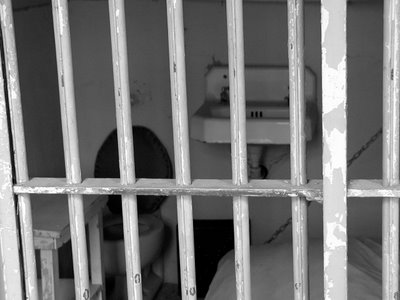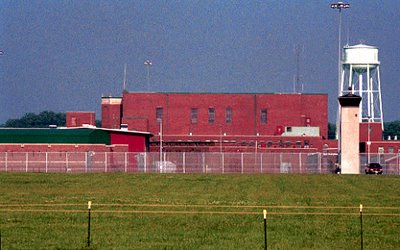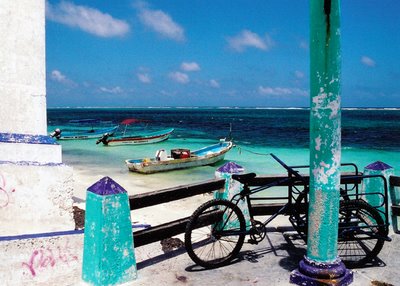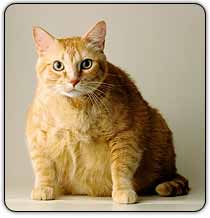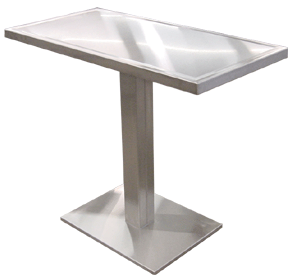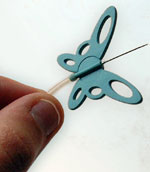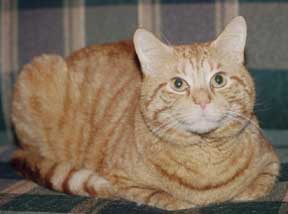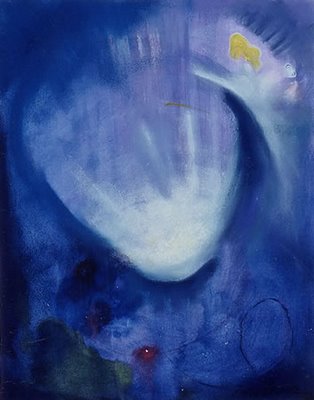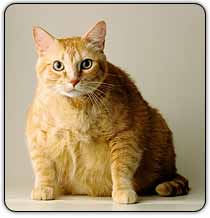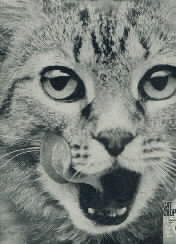 In the very short time I've been here so far, I've already learned a great deal.
In the very short time I've been here so far, I've already learned a great deal.The contrast of my time in the "hole" - the freedom I had before I came, and the relative freedom of the camp itself- was striking.
It focused my attention in particular on the importance of non-physical human needs.
In the "hole" all of my basic physical needs were taken care of– food, sleep, shelter, hygiene. But it is still horrible. The reason is that it strips you of a number of other critical needs that are every bit as important as those physical requirements.
A sense of control over your life. Having even the modest control over my time in the camp makes it qualitatively better than the lock-up.
A sense of structure in daily life. Everyone in the Camp says the best way to get through this is to create a routine or structure to each week and day. The "hole" provides an undifferentiated sameness that makes daily life incomprehensible. A sense of structure is a key element allowing you to feel a sense of control.
The need for community and human interaction. In the "hole" I had one very good companion, without which the experience would have been infinitely worse. But in the Camp the sense of community and the structure of interaction make life infinitely better. Jan's visit – and contact to work and friends by phone -- make it much better still.
The need for intellectual stimulation. The boredom of the "hole" would be unbearable over long periods. The Camp library, TV, Radio– the trees or sky, are so important to happiness.
 The need for a sense of purpose and meaning. There are so many people here who are – or have been – incarcerated for years or decades. The central thing that gets most people through here is the hope that their lives will still count– have some purpose. A lot of them seem much more religious, or make elaborate plans for release- or devote themselves to their appeals.
The need for a sense of purpose and meaning. There are so many people here who are – or have been – incarcerated for years or decades. The central thing that gets most people through here is the hope that their lives will still count– have some purpose. A lot of them seem much more religious, or make elaborate plans for release- or devote themselves to their appeals.On the other side, a guy just returned to our unit who had been put in the "hole" for 87 days- locked down in a 15 x 8 foot room for 3 months with a slit of a window and 45 minutes of daily recreation in a 25 x 15 foot room down the hall. The guards in the "hole" treat prisoners as if they are totally insignificant. I'm sure that after a month or so it would be easy for the strongest person to come to share that view. (I'll tell you, it really put Nelson Mandela's ability to maintain his clarity and sense of purpose for 27 years of similar imprisonment into perspective.)
People really need a sense that they matter- and that comes from being able to commit themselves to something besides themselves and their own needs .
Anyway, so far this experience has served to really place into sharp focus the importance of non-physical human needs and self-interests. It sheds a great deal of light on the question: "How in the world can people in the poorest counties in Ohio vote Republican?" To build a progressive majority over the long term, we have to address both the physical (economic) and non-physical needs of voters. Progressives have to broaden our understanding of self-interest.
The Senselessness of Mandatory Minimum Sentences and the "War on Drugs"
My second observation to date is the critical necessity of reform for the Federal sentencing, parole, and prison system. I've become friends with a 28-year-old African-American guy from Chicago who was sentenced to Mandatory Minimum of 10 years in prison for selling 3 grams of crack cocaine.
In high school he had gone to military school on scholarship, and he did a year of college. He quit college because he could make $10,000 a week selling drugs as part of a gang. As a young guy he never thought about the downside of 10 years in jail. He has a wife and 2 kids.
He thought it was a good thing for him to go to jail for a while. He's turned his life around, plans to go to work organizing to change the things that lend to disaster in poor communities when he's released. Because he's in the Camp he doesn't have to worry about continuous involvement with the gang in the Minimum and High Security Prisons.
So far sounds good, right? The problem is the Federal Mandatory Minimum drug laws required that the Judge had no discretion in sentencing him to at least 10 years in prison. He has 7 more years to go.
And it doesn't matter that he could make a huge contribution to the community now, because Congress did away with parole- there are no parole hearings .
The entire correctional system had about 550,000 inmates in 1985. Today, it has 2.6 million- mostly because of mandatory minimums and no parole.
The cost of the system has gone from $9 billion a year in 1985 to $60 billion a year today.
And the recidivism rate is 67%. Two thirds of Federal inmates will return to prison after being released.
The education program for inmates is horribly under-funded. The teachers here are fellow inmates-- some of whom are good-- but there is not a serious commitment to prepare inmates to return to society with radically upgraded skills or education.
There used to be programs to provide certified trades for many inmates-- no longer. There is a requirement that anyone without a GED be prepared for the test- but not a real commitment to upgrade skills.
Many of the inmates here could excel at a college program if they were offered- including my 28-year-old friend. But instead of leaving here with a college degree, he will be in storage for 7 more years.
The US has the highest incarceration rate in the world today and we are wasting the potential of millions of lives- costing ourselves billions to support them in prison- and endangering our communities' safety when they return.
After all, if a person's only options are a minimum wage job or taking a risk on $10,000 a week selling drugs-- many will take the $10,000 gamble.
 There is a bipartisan movement on this issue in Congress; the time may be getting ripe for change. It must come soon.
There is a bipartisan movement on this issue in Congress; the time may be getting ripe for change. It must come soon.Well, for right now, that's all the news from Terre Haute.
Only 21 weeks remain.
Thanks for your friendship,
Bob Creamer
Robert Creamer, a lifelong political activist, is serving a five-month sentence in federal prison in Terre Haute, Indiana.
